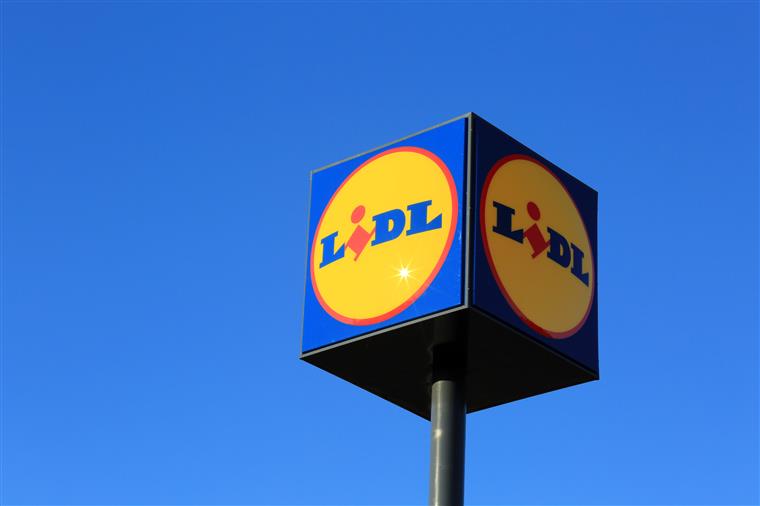After Intermarché, for weeks, compared the prices of products that are considered basic, in all supermarkets, Lidl decided to resist. “Whoever buys in the right place immediately looks smarter,” read the German chain’s ad, which showed satisfied people eating a beef hamburger. The message cannot be direct: “We decided to try the product. We tried a little more: we did not go to the others.”
The strategy of starting a “war” is nothing new in the advertising world. For example, in the 1960s, in the early days of television advertising, Dove decided to make a clear distinction between “regular soap” and her own, and defined it as “better than soap.” Without mentioning the names of other brands, he manages to highlight his product and try to get viewers to choose it over others.
Years later, in 1987, Colgate took on rival Crest, starting with asserting that its toothpaste was “the dentists’ choice” and using data from studies that demonstrated consumer preference. In 2012, SodaStream did something similar, but at the same time challenged two powerful brands: rivals Coca-Cola and Pepsi, showing drivers carrying both drinks into big trucks traveling faster toward the supermarket to see who would be the first to distribute them.
In the same year, Macintosh created a character representing the producer, and staged various situations in which he interviewed the PC character. Going back in time, in 1983, when Duracell launched its famous rabbit, it launched a so-called subliminal ad campaign that had an implicit comparison – Duracell batteries ran while the others ran out.
After adopting this “mascot,” Energizer used the same strategy and added the slogan: “Continuous, Continuous, Continuous,” subtly combining the idea of an animal’s reproductive capacity with a battery that supposedly augments it.
Honda decided, in 2008, to go down a stealth path, making use of the suffix -er (in English “more”, for example, if fast means “fast”, and faster means “faster”) to compare a car to a Honda bike Motorcycles “most intelligent”. In 2012, Samsung did the same with Apple, comparing the daily lives of two couples — each of whom had a branded gadget — and noted that the person who used Samsung products was much happier.
Covid-19 broke the paradigm Despite good competitors, McDonald’s and Burger King have repeatedly clashed. Six years ago, the former produced an ad in France that showed two road signs with directions on how to get to each restaurant. While McDonald’s was 5 kilometers away, in a straight line, it was necessary to travel at least 258 kilometers to reach Burger King.
The first sign was very simple and small, while the second sign was gigantic, full of directions, curves and even advice that drivers should stop to rest after two hours at the wheel. As expected, McDonald’s ended up being the chosen one. This campaign has left other brands and consumers alike surprised that the legislation on advertising is seen as much stricter in the European Union than in other countries.
However, the pandemic has done the opposite and we cannot forget when solidarity was the value that came first. For example, in late 2020, Burger King launched a campaign urging consumers to go to McDonald’s. “We never thought we’d ask you to do this,” they explained.
“Eat Shout [do Burger King] It is always better, but order a Big Mac [do McDonald’s] It’s not that bad either,” they highlight, and they get many reactions on social networks within 24 hours: more than 34 thousand retweets, 140 thousand likes and more than 17 thousand comments.
During the height of the pandemic and various restrictions, brands from different sectors came together as well. Colgate has supported The National Restaurant with the “Take care of your smile and help restaurants smile” campaign. The letter was accompanied by an initiative whereby, when purchasing toothpastes from the Colgate Total group, the customer could be rewarded with 50 euros for use in any restaurant, in the national territory, of his choice.
350 participants were awarded for this campaign. When it was launched in October last year, a similar Associação da Hotelaria, Restauração e in Portugal (AHRESP) indicated that 43% of companies in the restaurant and beverage sector were considering bankruptcy.

“Wannabe internet buff. Future teen idol. Hardcore zombie guru. Gamer. Avid creator. Entrepreneur. Bacon ninja.”

